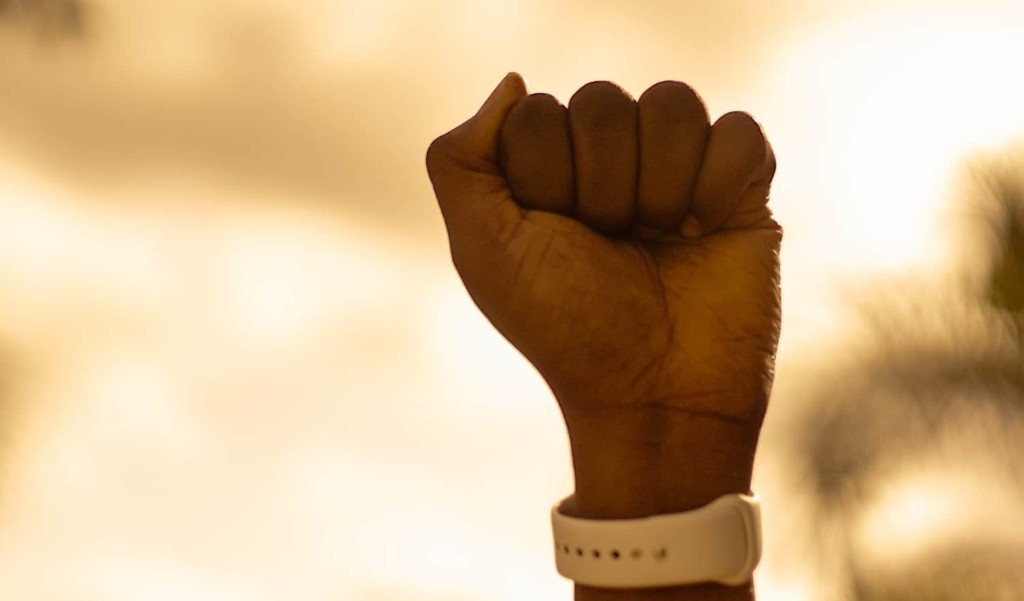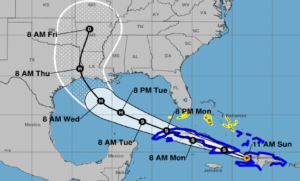Teaching Truth to Power

By: Dr. Anthony Jackson
A new approach to education is essential to address systematic racism.
When Derek Chauvin killed George Floyd, never for a moment did he think he was not in full compliance with the law and the norms of our culture — a culture that sanctions, consciously or unconsciously, the dominance of white people over people of color. The Black Lives Matter uprising is, at its heart, the unleashing of the pent-up rage against white supremacy of Black people who have been systematically subjugated for hundreds of years.
At the root of systemic racism is a willingness to jeopardize the lives of millions of human beings to preserve an inequitable and unsustainable status quo. As with the refusal of many Americans to deal with the COVID-19 pandemic or the denial of the urgency of climate change, this worldview leads to otherwise unfathomably irrational actions such as the desecration of the US Capitol by “Proud Boys” and the like that we witnessed on January 6th, 2021. If left unchecked, such thinking can ultimately lead to our extinction as a species.
To rise above these challenges, we must redesign education to help young people develop a mindset that does not reflexively place one group over another, but rather prioritizes understanding and cooperation across cultures. This could be called education for the common good.
Dominance versus Egalitarianism
How humans think can be dichotomized into two competing worldviews. One can be called “the dominance paradigm.” At the core of this view is the understanding that in the natural order of things, there are winners and losers. Some people are stronger, smarter, faster, or in myriad other ways capable of achieving hegemony over others. In the dominance paradigm, it is legitimate for them to do so — it’s just the way things are and always have been.
The competing worldview, which we can call “the egalitarian paradigm,” recognizes that people and societies differ in profound ways. But these differences do not require or legitimize the dominance of one person over another or one group over another. Instead, the way to think and act towards others is to consider them on the same level with ourselves, equally deserving of that which enables anyone to survive and thrive.
Education for a 22nd Century
If there is to be a future worth living in, today’s youth must develop a capacity to think and act differently. The way to do that is through education — although done very differently than in the past and at present. What is needed is education for the 22nd century – not just to prepare for it but to get us there.
To do this, all youth must be educated to develop a more egalitarian mindset. If we are to root out racism, if we are to survive as a species, education in America and on a global scale must develop in youth the disposition to act more toward the common good than toward individual gain or group hegemony.
For nearly two decades, the Center for Global Education at Asia Society has advanced education for global competence as an approach to student learning that connects rigorous disciplinary and interdisciplinary study to the development of cultural humility and understanding. It provides at least a glimpse of what education for the common good looks like.
Education for global competence requires learning and applying critical reasoning, curiosity, and problem-solving skills to understand the world in its full complexity; to see how the local roots of issues like racism and the pandemic are sown by broader global forces. It requires engaging children in experiences designed to develop empathy and to counter the innate psychological mechanism of “othering” that is at the heart of the dominance paradigm. It’s developing the ability to recognize and respect cultural norms that may require shifts in how we relate to and communicate with people from different backgrounds. Education for global competence develops a disposition in youth to take action and to apply cognitive and social-emotional skills in ways that balance the value of achieving goals to the cost of achieving them, for people and the planet.
Classrooms practicing education for global competence teach students about the roots of American racism through a study of 15th-century global economics and grasp the civil rights movement of the 1960s by comparing it to the fight against apartheid in South Africa and the struggle for nationhood in India. Students address the U.N. Sustainable Development Goal of providing affordable and clean energy in science class by creating a solar oven using everyday household materials and comparing designs with students in another country through virtual interactions. Courageous teachers organize safe spaces for students to tell the story of when they first became aware of differences among people based on skin color, dress, language, or religion, and facilitating their reflection through writing or the arts.
From a policy perspective, two things matter most. First, money and mandates to dramatically enhance the capacity of educators to integrate technologies in ways that would look nothing like the patchwork attempts at online learning during the pandemic that mimics 20th — if not 19th century — teaching. Instead, for example, support would be given for complex learning and perspective-taking through real-world simulations and the application and assessment of knowledge involving global student collaborations.
Second and even more important, is systematically building the capacity of the nation’s teaching force to teach toward the common good. That involves attracting the best and the brightest — and, therefore, a highly diverse teaching force. It means building curriculum resources and on-going professional learning that enable teachers to teach toward deep, empathetic understanding and from a conscious bias toward equity.
Education for global competence is the vanguard of how we think about education and organize students’ learning ecosystems. It is not just another kind of education reform. It is a new kind of social movement to develop in youth a mindset not bent on domination but on the common good. It’s how America can confront its divided self and build back better, forever.
For more, see:
- Student Voice: My Goal is to Change the Face of the Healthcare Profession
- Organizing a Modern Edtech Stack for Modern Pedagogy, Part II: The LMS
Dr. Anthony Jackson is Vice President for Education and Director of the Center for Global Education at Asia Society.





0 Comments
Leave a Comment
Your email address will not be published. All fields are required.